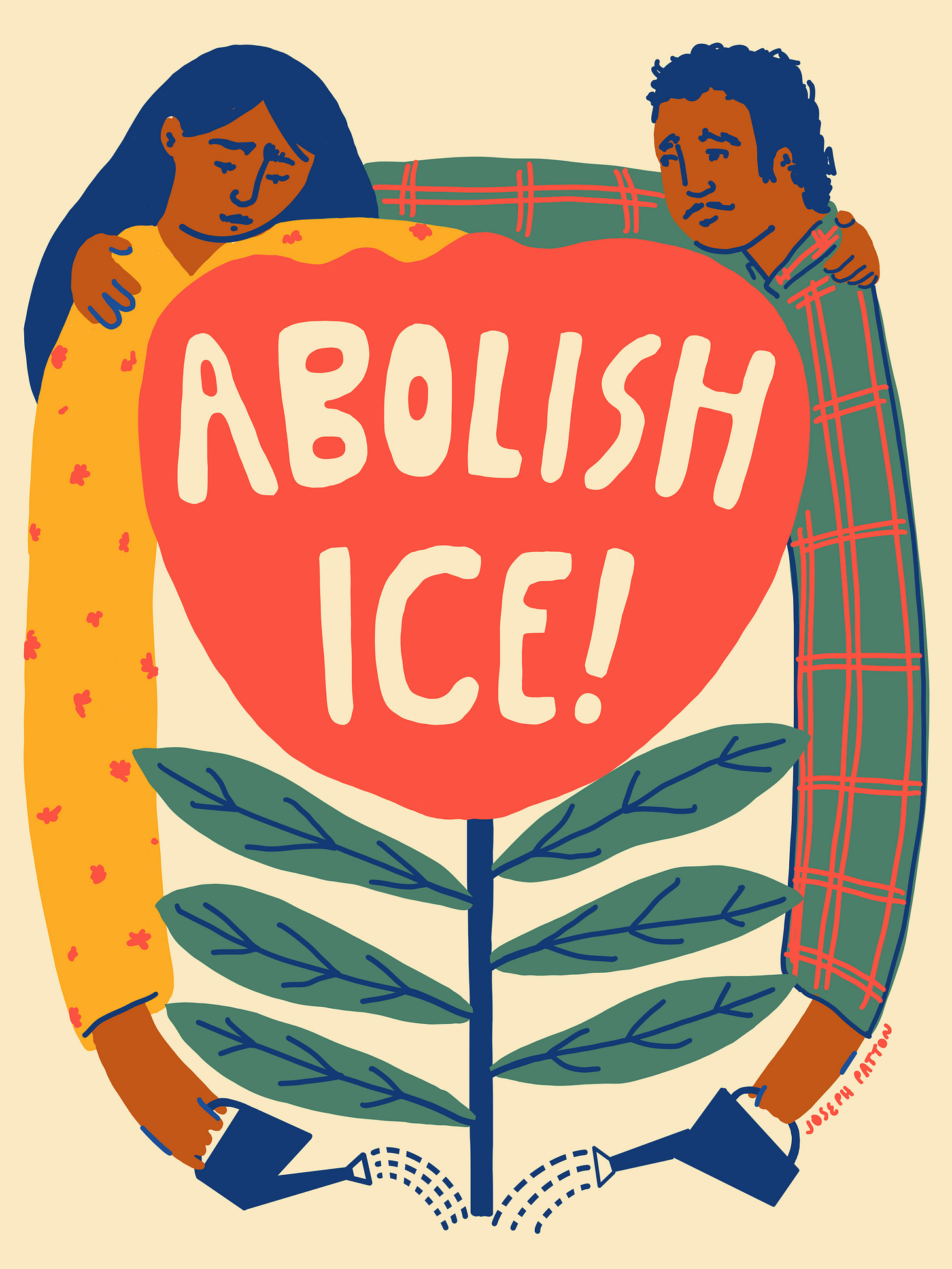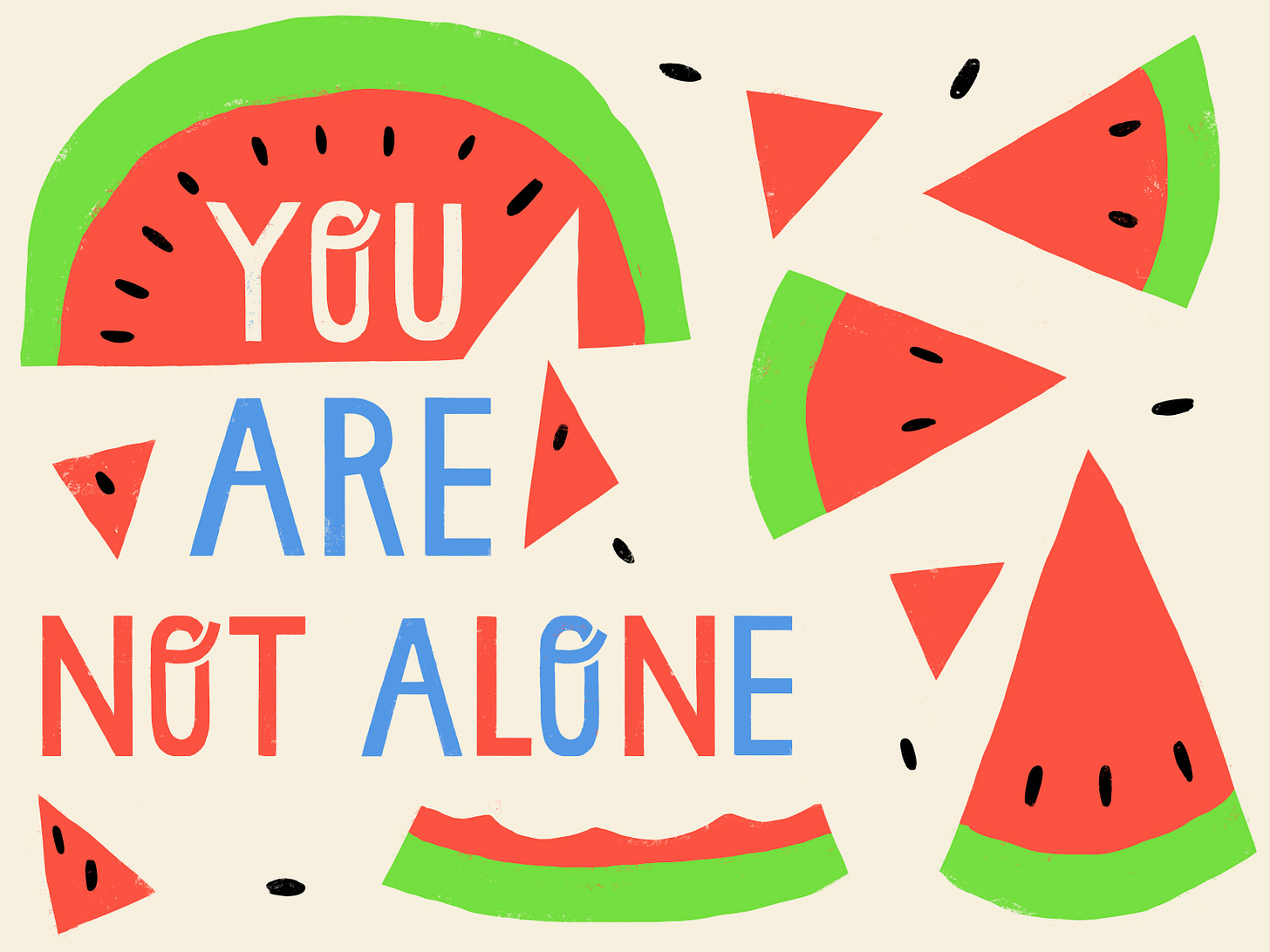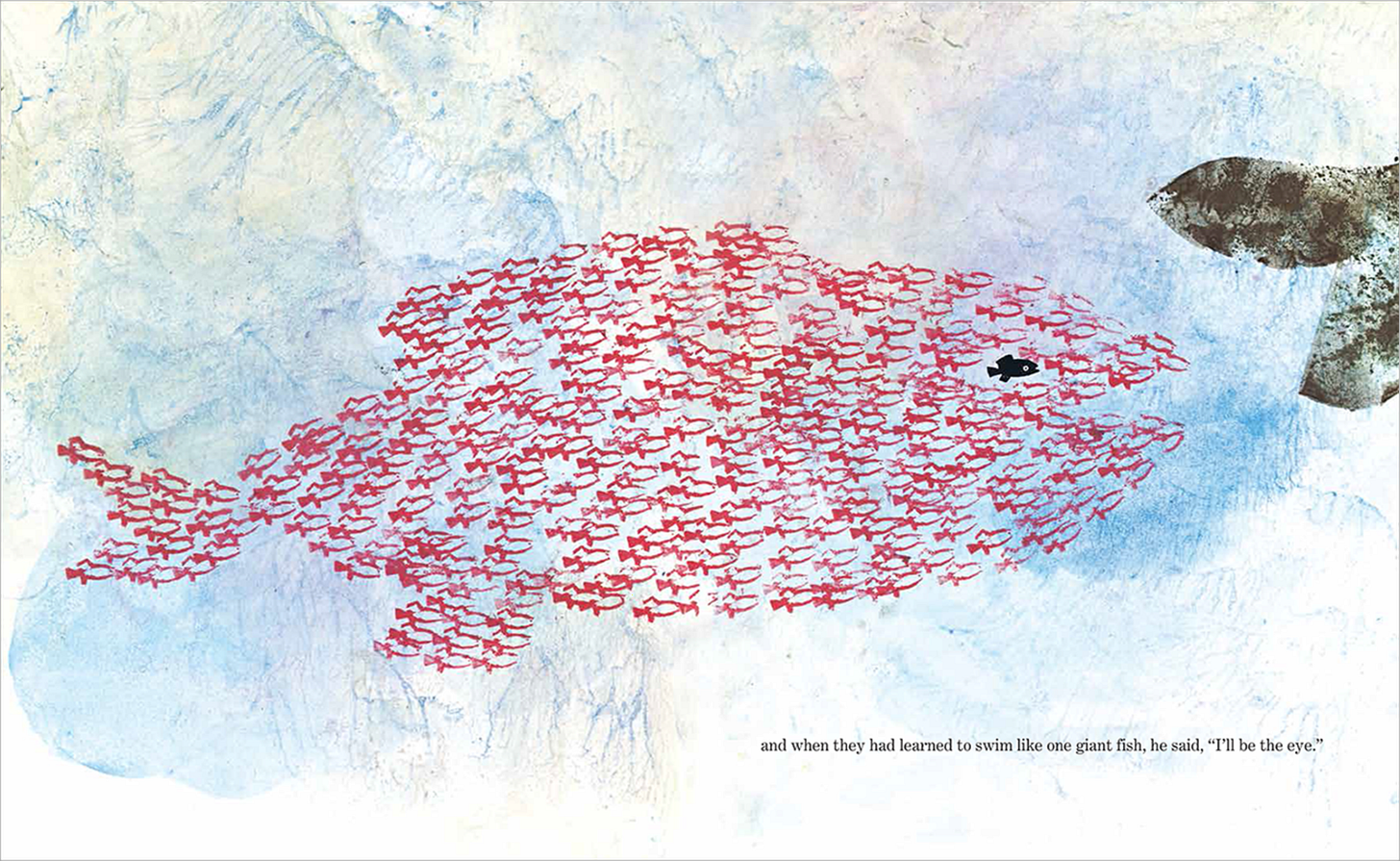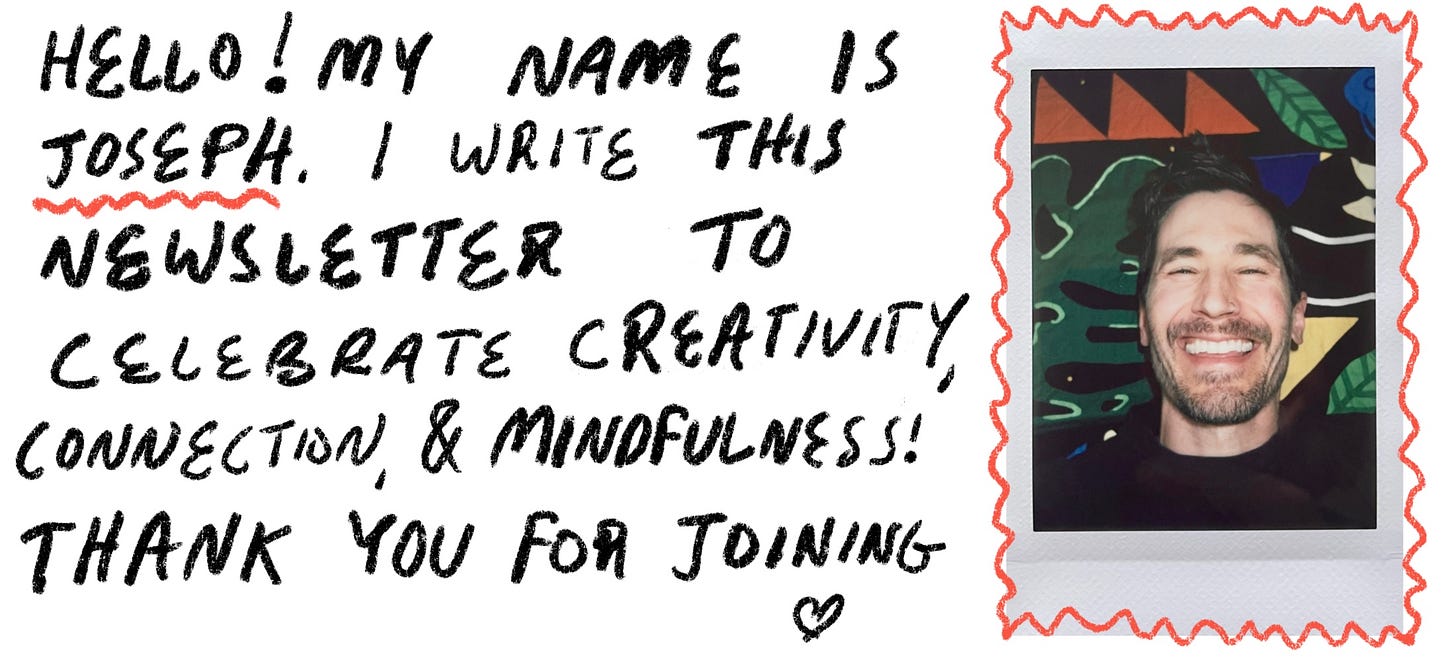I’m moved by the recent resistance against the U.S. Immigration and Customs Enforcement (ICE) across the country. The people of Los Angeles are showing up to defend the rights and dignity of undocumented immigrants. Thousands of demonstrators in communities throughout the U.S. are doing the same.
Every aspect of our lives is connected to the work of immigrants, with or without papers. They’re the people who grow, harvest, process, package, transport, cook, and serve us our food. They feed and clothe our children, tend to our sick, and care for our elderly. They construct, clean, and maintain our schools, hospitals, offices, and places of worship. Immigrants are our doctors and teachers, lawyers and shopkeepers.
These recent flashpoints of resistance are getting media coverage, as they should. But what’s bolstering these protests is the work of organizations and grassroots movements in support of and solidarity with immigrants that predate last weekend, including Coalition for Humane Immigrant Rights of Los Angeles (CHIRLA), Immigration Center for Women and Children (ICWC), Los Angeles LGBT Center, African Communities Public Health Coalition, Central American Resource Center (CARECEN), and more.
And this is just in LA. Cities across the U.S. have organizations, groups, and movements of their own that, although sometimes interconnected, do their own work of advocating for the rights of migrants, documented and undocumented.
But what about even smaller acts of resistance?
Collectively, what is made visible through a mass movement is often the accumulation and culmination of daily, local transgressions. Although often out of sight, these small acts, nonetheless, chip away at the status quo.
In Life as Politics: How Ordinary People Change the Middle East, the sociologist Asef Bayat describes the everyday work that fomented social change in the Middle East as “social non-movements.”
In contrast to organized acts of protest, social non-movements are the dispersed actions emerging from the everyday lives of people, especially those who are marginalized. Actions, Bayat contends, such as squatting structures and land for housing, farming, and recreation; setting up unauthorized food carts and other informal economies; and dressing and gathering in public in ways that challenge state authority do the work of reshaping social norms and creating new spaces for political expression and solidarity.
This concept gives us a more nuanced understanding of how people contribute to social change. And how resistance looks against the oppressive policies and practices of the current U.S. administration.
Resistance can be subtle and discreet or loud and conspicuous. Simply being present without papers within the U.S. borders is an act of resistance against inequality, colonialism, and the migration system.
Mass demonstrations are one form—an important one!—of visible protest. But they’re not the only method for collective action. Smaller, uncoordinated, decentralized expressions of resistance can be equally powerful. And they are needed.
Through the lens of social non-movements, we can appreciate how ordinary people engage in a kind of collective action that falls outside the boundaries of traditional organized movements. People come together, even in informal ways, to challenge power structures. And they do, often in order to survive.
I’m reminded of the children’s book Swimmy, by Leo Lionni. My students at Park Day loved it. We read the story every year. Its message: We can cherish and celebrate our uniqueness and embrace our shared strength.
Let’s continue engaging in acts of resistance. Let’s support others doing the same.
We can: Organize or join local protests, donate our time and money to organizations and grassroots movements that combat hate speech and discrimination, support independent journalism and media, engage in discussions to counter fascist propaganda and hate speech, and encourage empathy and understanding.
When we work together, we can build a more just world!
Follow my art projects on Instagram. Drop me an email. Become a paid subscriber. Share this post with a friend!








